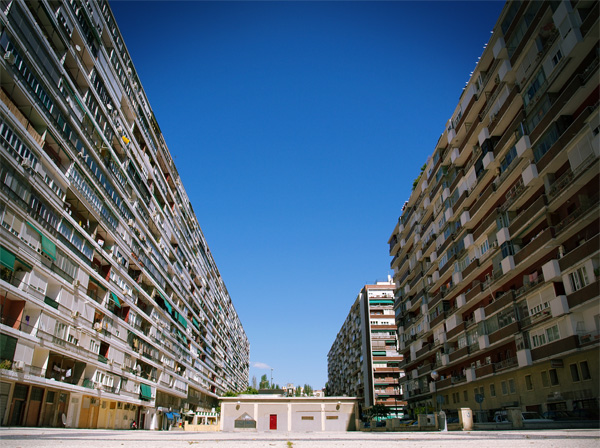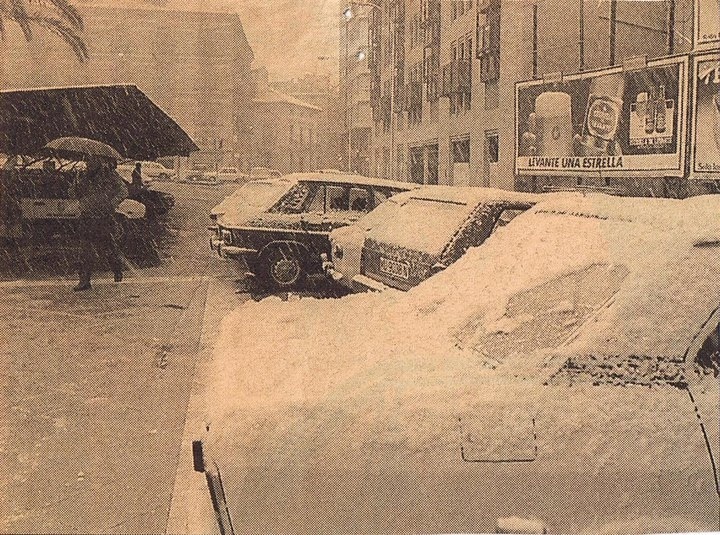—Dream—
I want to kiss you before the world ends. In my dream, the world is ending. Everything is falling apart.
People try to ignore it, to make the feeling go away: but if you listen, it’s there.
Suddenly, I think: the world is ending, and I’ve never kissed you. Where are you?
I run, and run, and run, through streets and offices and libraries, but you are not there. I ask around: have you seen him? Have you seen him? Nobody has. They point me in one direction: it’s the Comic Book Writers’ office, and there’s a party there. Everyone is leaving when I arrive, they are closing the building, they make me go the other way.
I enter a room, and it’s a surprise party. It’s a party my husband has prepared for me, now, that the world is ending. I look around, and you are not there, and I look at him, and I tell him: This is wonderful, honey, but the world is ending and I’ve never kissed him. I leave and keep looking for you.
I get to a fancy office, and the walls are black and the people there dress like Steve Jobs. They tell me: thanks for coming to work with us. Can you help? We need your help to do his. I’d try to help, —I say—, but the world is ending and there’s something else I need to do. With that I leave, and I keep looking around, hoping to see your face in the crowd. Already some parts of the library are crumbling, and it’s a pity because it’s a beautiful place, bright and airy with golden light, like Grand Central Station, in New York, in the movies.
Suddenly I’m in the back seat of a three-door car, and there are two girls in the front seats, so I can’t get away. Will they help me look for you? Will they drive me where you are?
They won’t drive me anywhere, because they are visibly drunk. In fact, one is drunk and the other one is drunk and high. She’s also wearing a white t-shirt, wet with water. Her right nipple shows very clearly: it’s round and brown and hard, and she wants me to touch her. I look at her and I want to refuse, to run away from their laughter and booze and drugs, but it’s too late, because the world has now ended, and I’ve never kissed you.
La Manga, 03/08/2011.
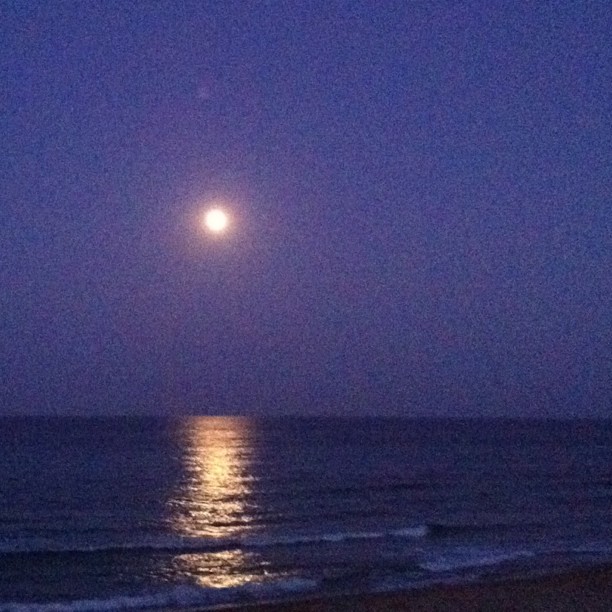
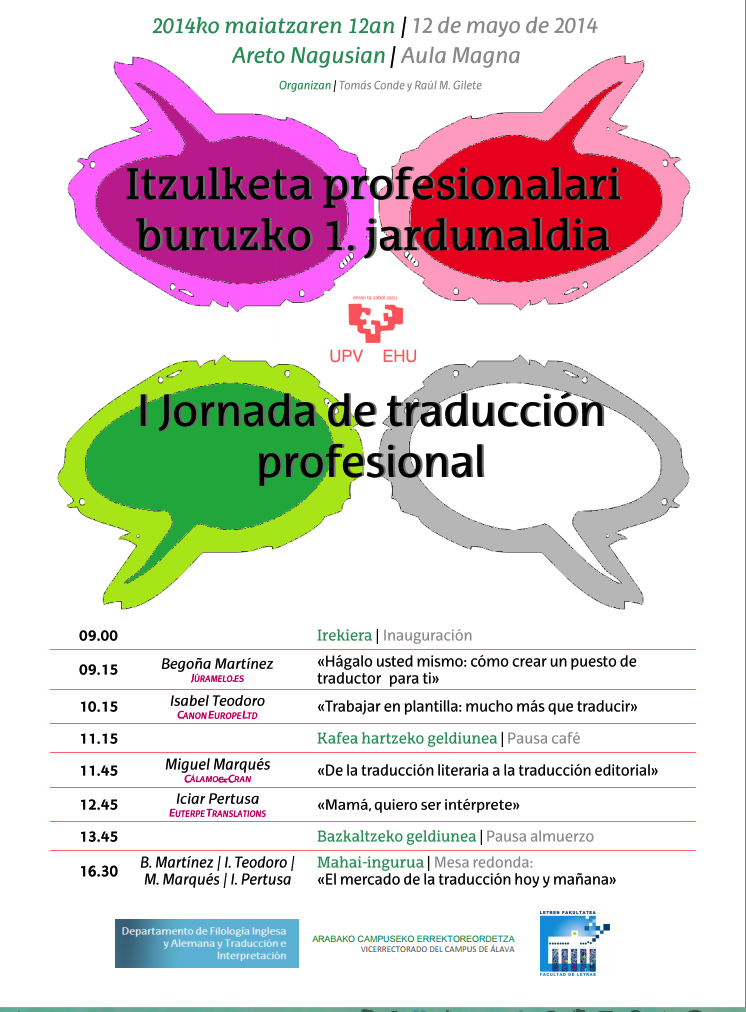


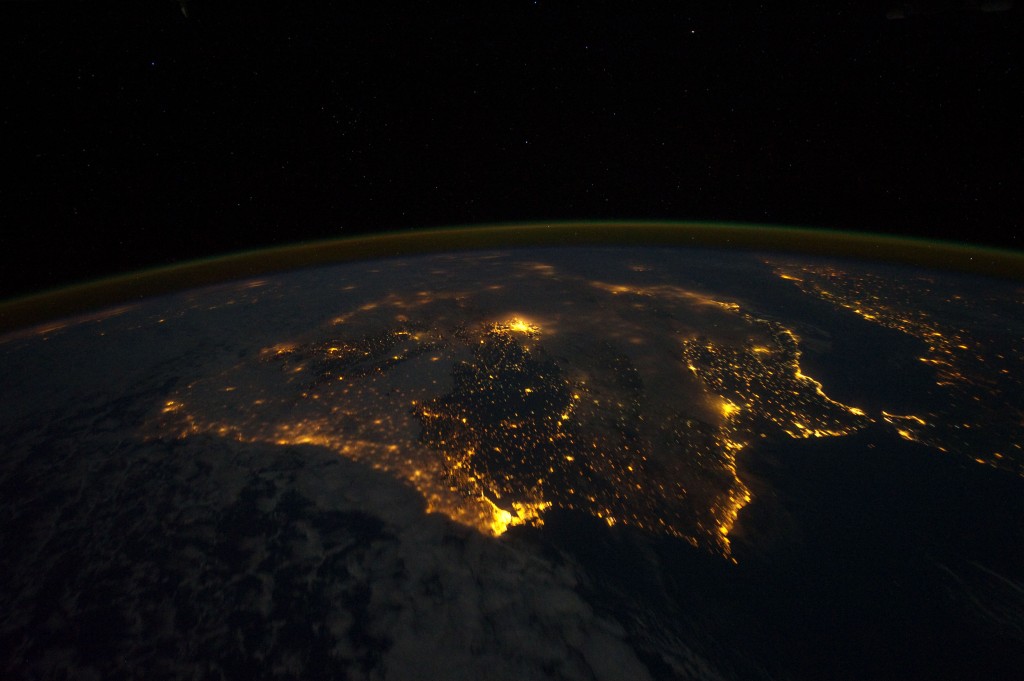
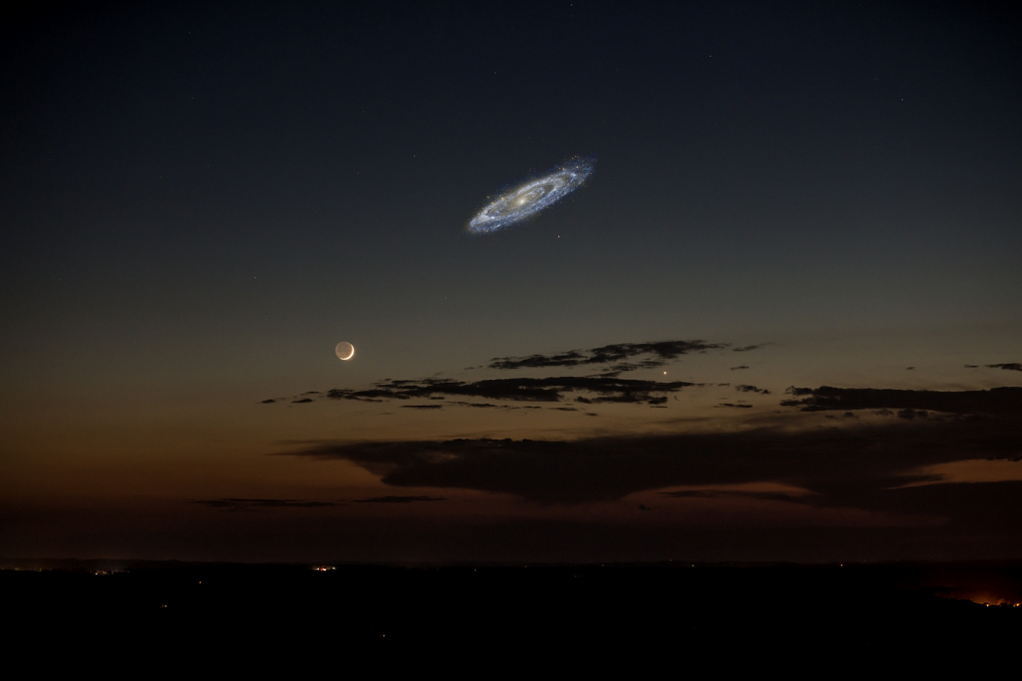
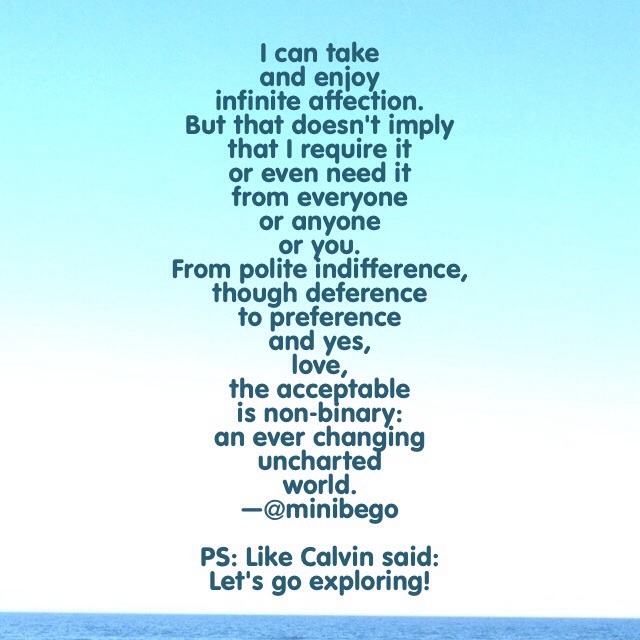
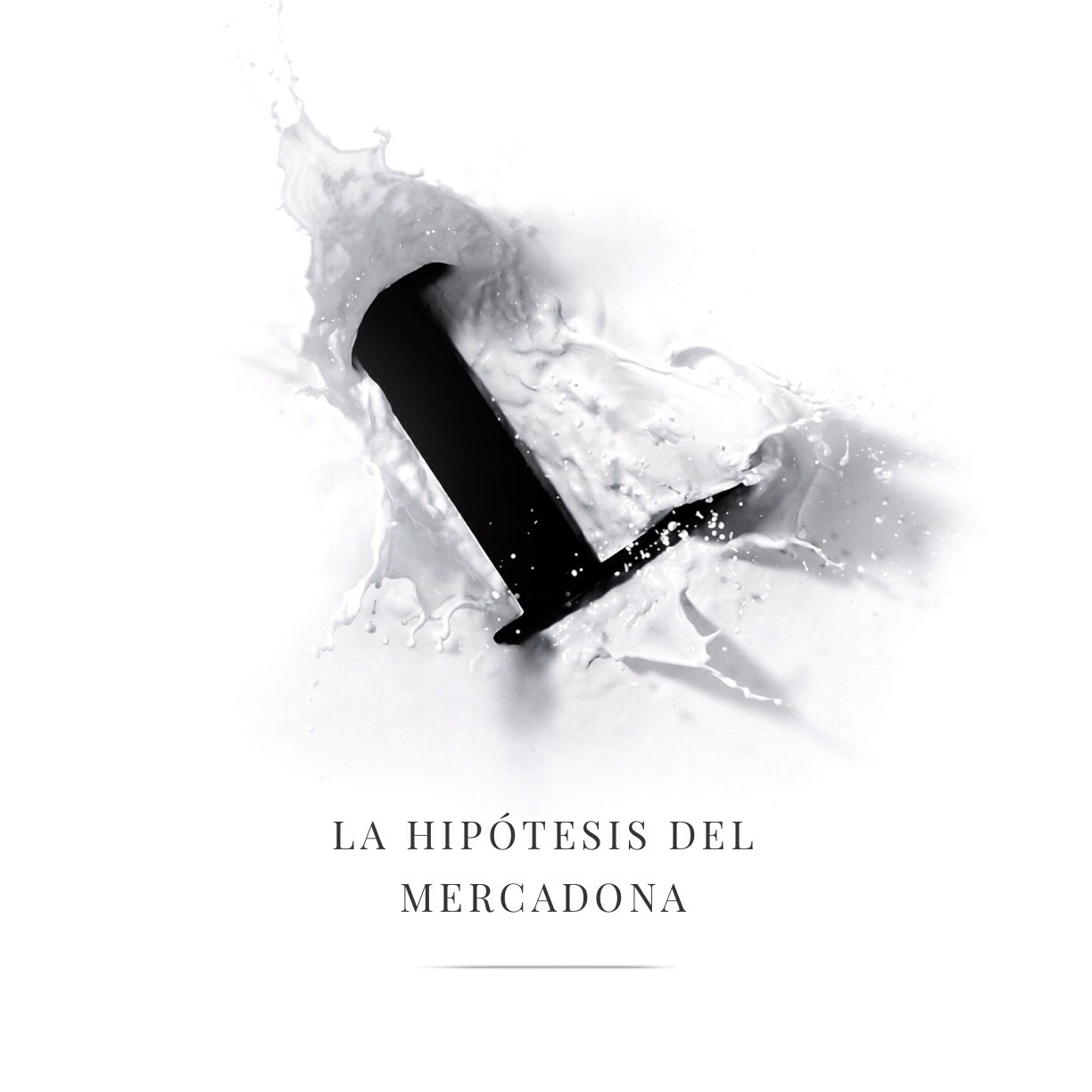
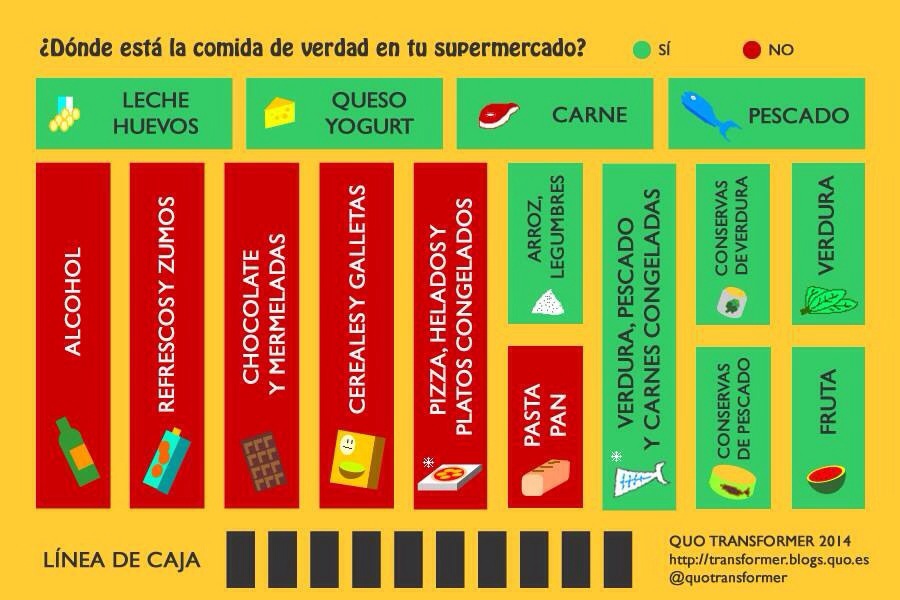
![I want to kiss you before the world ends [dream]](https://minibego.com/wp-content/uploads/2014/04/6016386271_96a74800d2_o.jpg)

